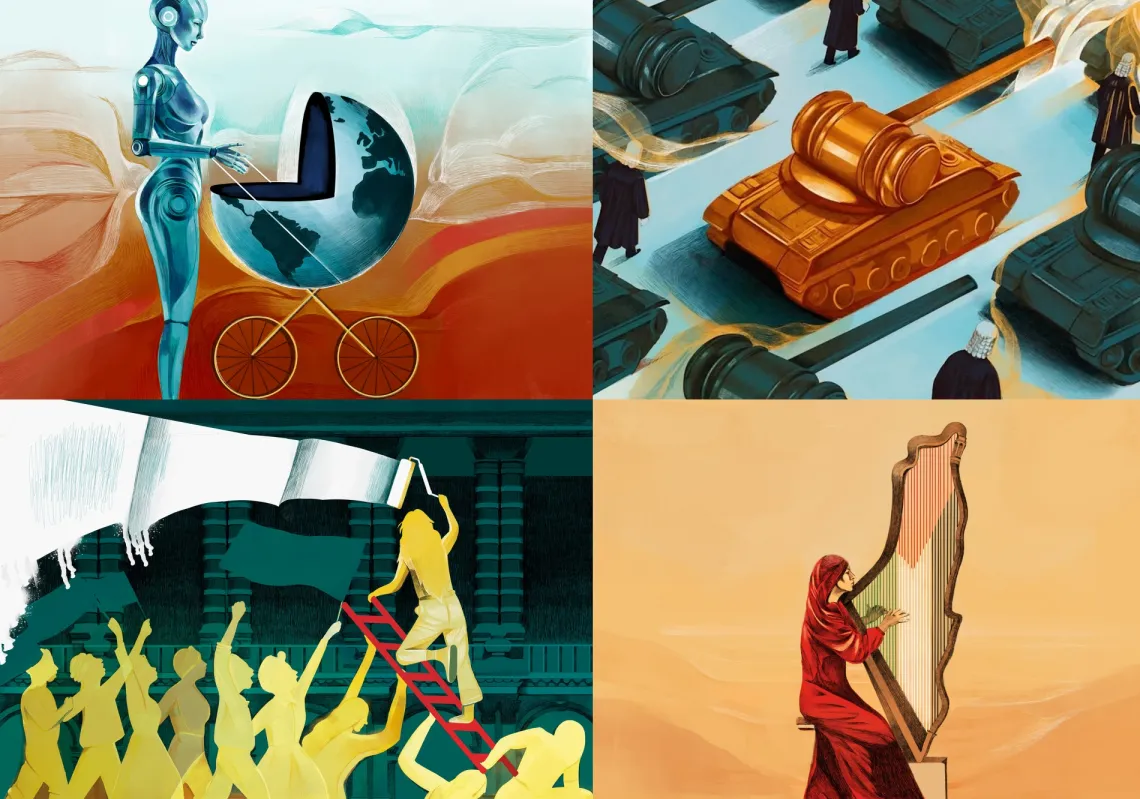Everyday the news reports on faulty medical equipment coming from China. Spain received 650 thousand ventilators from China that didn’t work, while Turkey and the Netherlands also received thousands of Coronavirus testing kits from China, all of which were unfit for widespread use.
Furthermore, there is a media blackout with regards to the number of Coronavirus cases in China, and the true number of victims in Wuhan. While official figures state that 2,500 people have died in Wuhan, there are unofficial figures based on families who received ashes of their cremated relatives, which raise the number of dead to over 40 thousand.
It is also being said that Boris Johnson’s government is not happy with China, the former accusing the latter of spreading false information and lying about its real number of Coronavirus victims. This could well lead to the UK abandoning it’s 5G deal with Huawei.
China's decision of not being transparent about the Coronavirus is what led to this global pandemic. Additionally, China’s actions have harmed it’s own economy as well as the global economy. Understandably, the world is now rethinking the current economic order which has placed China as one of its powerhouses and the current political order which sees China as a rising power.
As it stands, China produces 24 per cent of the world’s material needs, this is a massive rise in economic power considering the fact that it only produced 11 per cent of the world’s needs in 2005. This rapid industrialisation has happened because of the Chinese government's policy of subsidizing it’s industrial sector, and the abundance of cheap labour that no Western state can compete with. It is for this reason that many big corporations have outsourced their factories to China. This was a win-win situation for both sides, China was happy with the extra industry it was gaining which was helping it in its quest towards becoming an industrial empire that could challenge the US's global leadership. Meanwhile, corporations could provide goods at competitive prices which drove consumers to consume more, thus resulting in more profits.
With the advent of the Coronavirus, the entire globe has gone on lockdown, factories have stopped working and thus supply and demand for goods has ceased. This pandemic has posed a grave danger to global economic security, and the economic security of the West in particular. This has made governments question the status quo of keeping China as the global for the world’s industry and needs. Consumers too have started questioning their insatiable demand for goods. The outbreak has also exposed the fragility of the healthcare systems of several EU member states, as such many European citizens will start to hold their governments accountable for this. Many Europeans will also question the benefits of being part of the EU considering that it has been unable to assist the members most affected by the pandemic, especially Italy and Spain. This could strengthen political parties calling for a secession from the EU, putting more pressure on the bureaucratic organisation.
More importantly, people around the world will now question whether or not globalization and more open trade for cheaper goods is worth it. People have already started questioning their lifestyles teeming with excessive consumption and spending. This has led to analysts stating that a new economic/industrial world order might emerge. This new order will be pushed by feelings of nationalism, therefore big corporations will be called to relocate their factories back home and invest in their own national labour, even if it does drive prices up.
China’s decision to hide the truth about the Wuhan outbreak, has also made people question the competence of the Maoist dictatorship which does not take freedom and human rights into consideration. It is this regime which is trying to control the world through its economic ventures. Recently, China established it’s first international military base in Djibouti in order to protect one of its largest sources of raw materials. In 2016, it starting building a railroad that connects Addis Ababa and Djibouti, which is intended to move goods to and from the Port of Djibouti and China.
China’s vision for global hegemony is now at risk because of the Coronavirus pandemic. Will the Coronavirus spell of China’s quest for power through industry? No one has a certain answer for that, but what we do know is that the coming stages will present huge developments and changes in a number of facets.
Sign up for our Weekly Newsletter
Get the best of Majalla, straight to your inbox.









